On the morning of June 19, continuing the 5th Session, the National Assembly held a plenary discussion in the hall on the Draft Law on Housing (amended).
Clarifying more about the term of use of apartment buildings
Explaining and clarifying a number of issues of concern to delegates, on behalf of the drafting agency, Minister of Construction Nguyen Thanh Nghi thanked the frank and responsible comments of National Assembly delegates at the group discussion session and the hall and fully accepted them to complete the draft law.
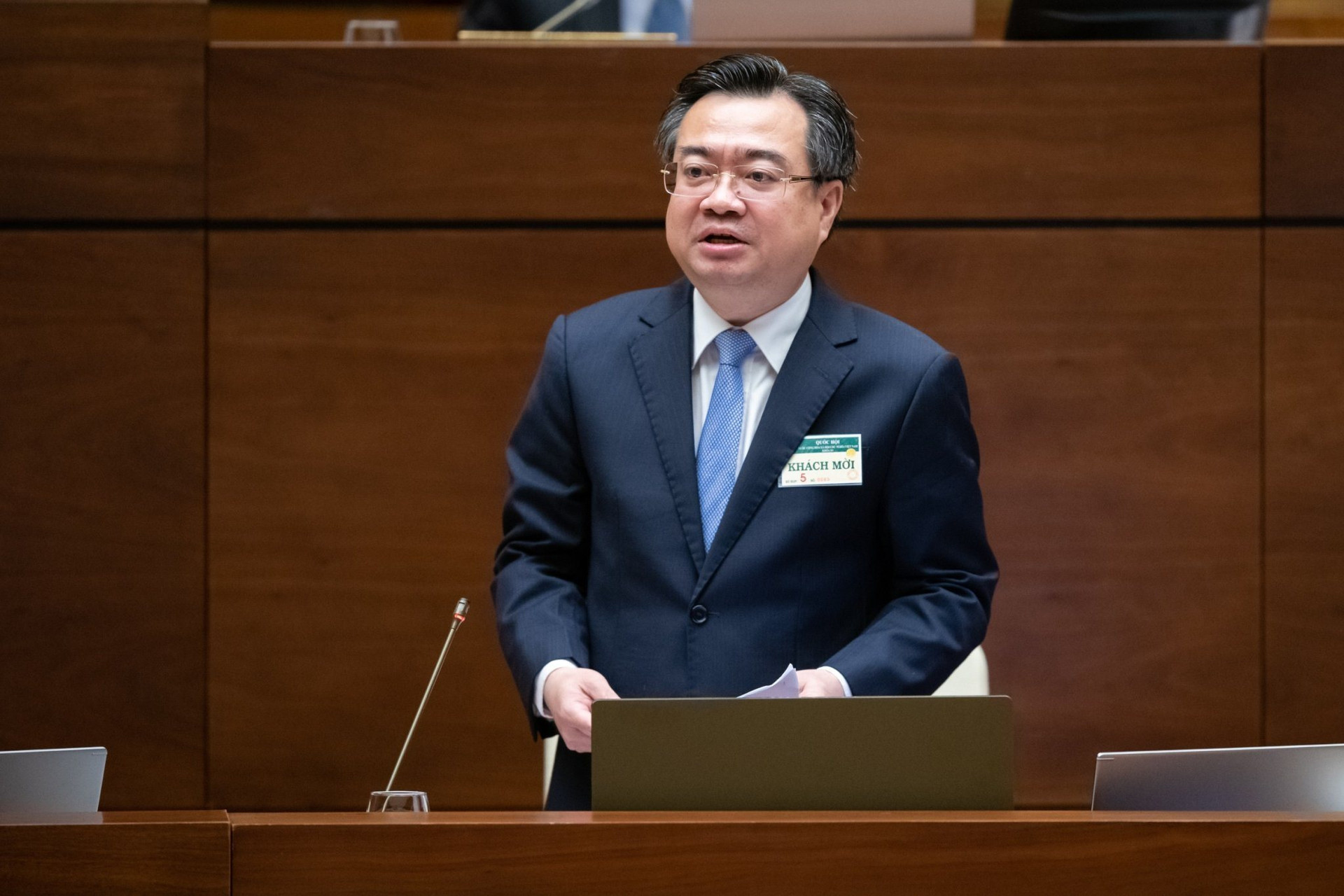
Regarding housing ownership policy, Minister Nguyen Thanh Nghi said that in the submission to the Government , the drafting agency proposed two options: an option with regulations on limited-term apartment ownership and an option without regulations on limited-term apartment ownership. In the conclusion announcement of the National Assembly Standing Committee, it was determined that this is a highly sensitive issue, with a great impact on society and there are still disagreements. Therefore, the drafting agency has proposed that the Government accept the opinion of the National Assembly Standing Committee that there is no regulation on limited-term apartment ownership in the draft Law on Housing (amended) to submit to the National Assembly for comments.
However, the draft law has added more clarification on the duration of use of apartment buildings, cases of demolition of apartment buildings, rights and obligations of owners in moving, demolishing and contributing funds to rebuild apartment buildings, clarifying the responsibilities of relevant entities when demolishing, renovating and rebuilding apartment buildings to have a basis for handling, resolving and removing cases that are facing difficulties and obstacles in reality today. The drafting agency will study the opinions of National Assembly deputies, report to competent authorities and ask for the National Assembly's opinion.
Regarding the proposal to consider regulating the conditions and number of types of housing that foreigners are allowed to own, to avoid affecting the housing needs of domestic citizens as well as ensuring security and national defense, Minister Nguyen Thanh Nghi said that the policy on foreign organizations and individuals being allowed to buy and own housing in Vietnam has been regulated since 2008 under Resolution No. 19 of the National Assembly and was supplemented and legalized in the Housing Law 2014 to create conditions for foreign organizations and individuals to feel secure living and working in Vietnam, contributing to encouraging foreign investment and promoting socio-economic development.
In addition, the 2014 Housing Law and now the draft Housing Law (amended) have also strictly regulated the types of houses, areas that can be purchased, and the number of houses that can be purchased and owned. Therefore, this regulation will not affect the implementation of other housing policies of the State such as policies on social housing, resettlement housing, and housing for low-income people in urban areas. The drafting agency will coordinate with the reviewing agency to carefully study, clearly demonstrate, and ensure compliance with the Party's policies and with relevant legal provisions.
Continue to study regulations on land use forms for commercial housing development.
Regarding regulations on land use for commercial housing development, Minister Nguyen Thanh Nghi said that the 2014 Housing Law, which has been amended and supplemented by Law No. 03 of 2022, has regulated the form of land use for commercial housing development, including regulations on cases where there are rights to use residential land and other land that are approved for investment in commercial housing construction.
Based on the review and summary of the implementation of the law, the draft law has added provisions on cases where land is used for commercial housing development to ensure the legitimate rights and interests of land users and promote housing development. However, the drafting agency plans to report to the Government to receive the opinions of delegates and continue to study and complete the above provisions to ensure consistency with the Land Law (amended).
Regarding the renovation and reconstruction of apartment buildings, the Minister said that the draft Law on Housing (amended) has devoted a chapter to regulating renovation and construction policies to demolish seriously damaged apartment buildings, protect the safety of people and property of residents in these buildings, and contribute to urban beautification. However, the drafting agency will report to the Government to continue reviewing, supplementing, and clarifying related contents such as the opinions of National Assembly deputies to ensure feasibility and accelerate the implementation of renovation and reconstruction projects of apartment buildings.
Regarding the social housing development policy, Minister Nguyen Thanh Nghi said that each locality has different social housing needs and different budget sources, so letting the provincial People's Committee decide on the ratio of land use fees and land rents for commercial housing projects and urban areas in the area is consistent with reality as well as relevant laws, such as the law on budget and the law on local government organization.
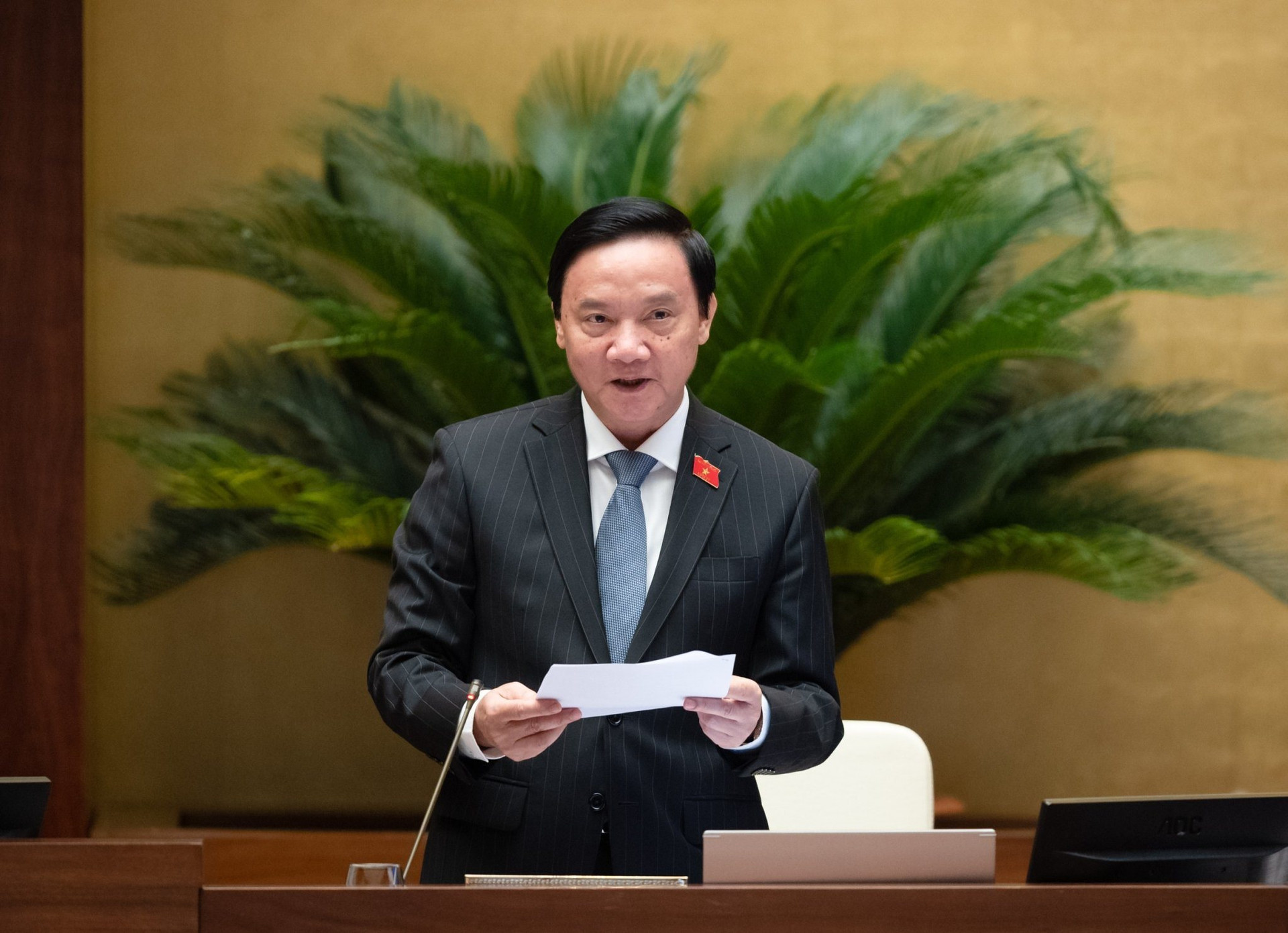
However, the drafting agency plans to report to the Government for acceptance and will supplement in the process of completing the draft law in the direction of only stipulating a certain percentage in the local budget, not stipulating the revenue rate from land use fees, land rent, investment projects in building commercial housing, urban areas.
The provision of 20% land fund in the current Housing Law has many shortcomings and is not suitable for reality as presented in the Law Implementation Summary Report. For example, the demand for social housing in the locality, regional characteristics, terrain, and project types can affect architecture, landscape, and even waste land resources. Therefore, the draft law amending the content of this provision is appropriate, aiming to remove the above shortcomings.
Regarding incentives for investors in social housing projects, Minister Nguyen Thanh Nghi said that the specific determination of the proportion of separate land for the construction of commercial and service facilities in social housing projects must be carried out in accordance with the law on urban planning and the law on construction. The regulation on the 10% profit margin is only applicable to the area of social housing construction, aiming to resolve the current problem that the profit margin is calculated for the entire project.
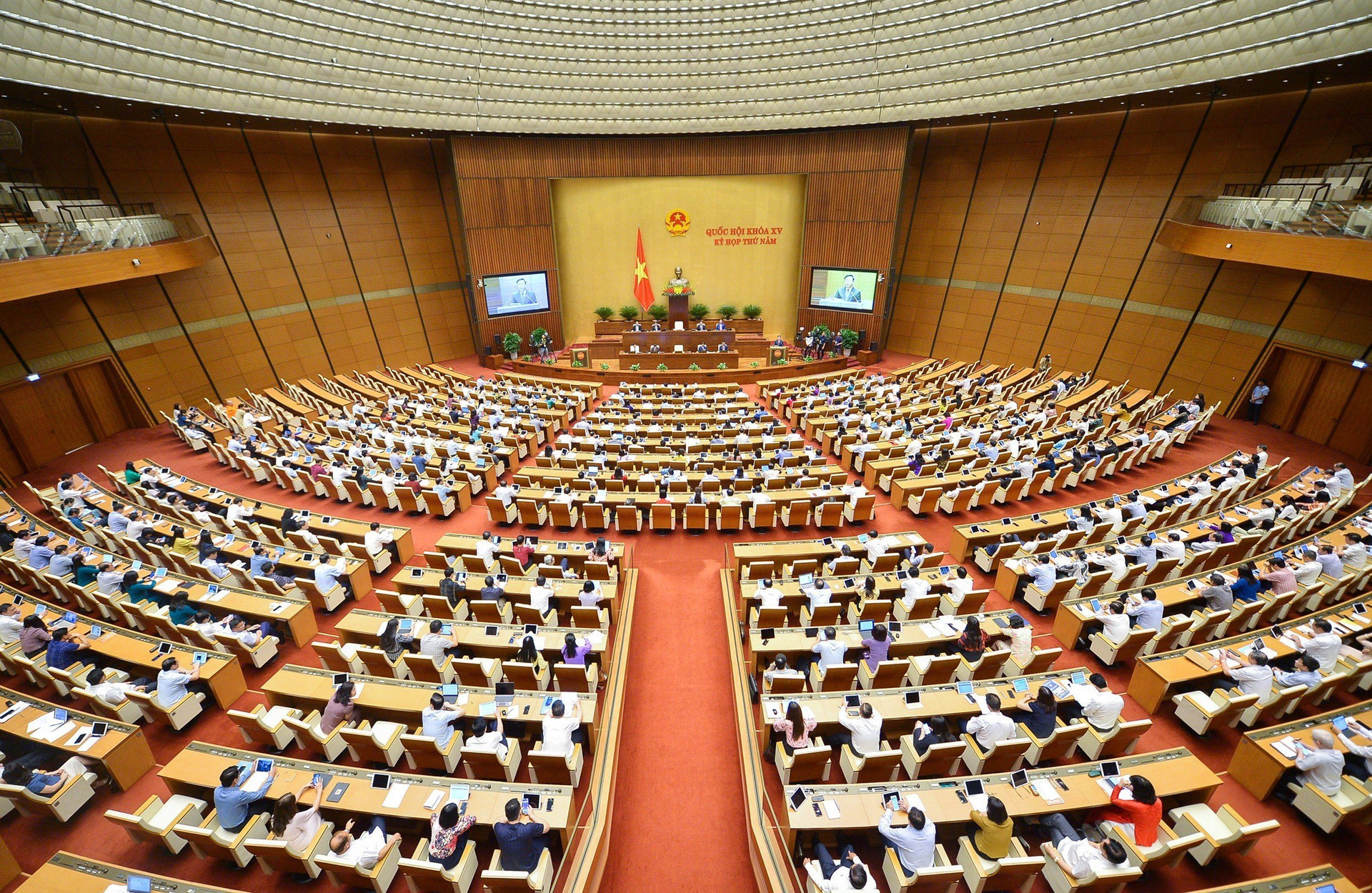
In addition, the draft law also stipulates that the selling price and rental price of social housing take into account other reasonable and valid costs of the enterprise to ensure the legitimate rights and interests of the enterprise. On the other hand, the investor also enjoys incentives for the commercial service business area and the investor enjoys all the profits of this area, so in general, the investor can have a profit greater than 10% of the standard profit of the entire project as prescribed in the current Housing Law.
Regarding the management and use of apartment buildings, Minister Nguyen Thanh Nghi said that this is an issue that is of great concern to the people. Therefore, the draft law has inherited the provisions of the current Housing Law to dedicate a chapter to fully regulate the contents related to the management and use of apartment buildings such as regulations on common and private ownership, apartment building conferences, building management and operation boards, maintenance costs, etc.
In addition, the draft law also legalizes a number of provisions in Decree No. 99/2015 to ensure high legality and supplement newly arising contents. To overcome current shortcomings and limitations, the drafting agency will study and absorb the opinions of delegates to report to the competent authority to submit for comments to the National Assembly during the process of completing the draft law.
Concluding the discussion, Vice Chairman of the National Assembly Nguyen Khac Dinh emphasized that the majority of opinions of the National Assembly deputies showed high consensus with many contents in the draft law, at the same time contributed specific, frank and enthusiastic comments on many contents in the draft law, deeply analyzed and assessed many existing problems and made many recommendations to perfect the draft law.
After the meeting, the National Assembly Standing Committee will direct relevant agencies to fully synthesize opinions, study, absorb, explain, continue to organize conferences and workshops to collect opinions, and organize conferences of specialized National Assembly deputies to continue perfecting the Draft Law.
Source





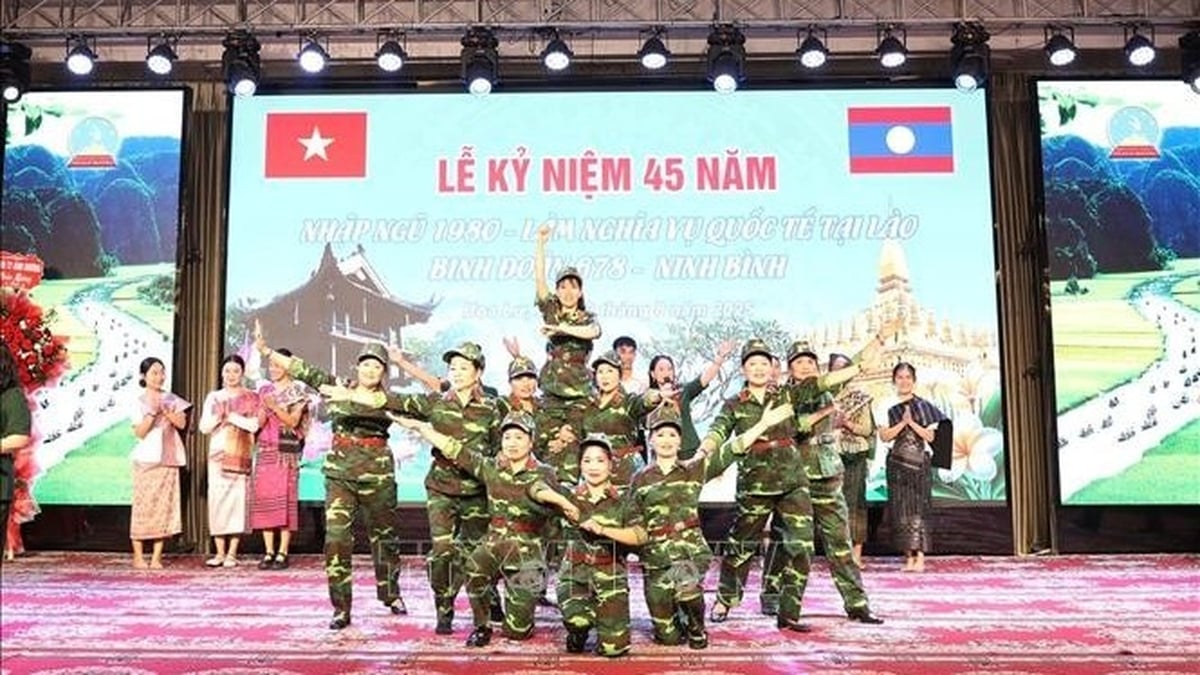
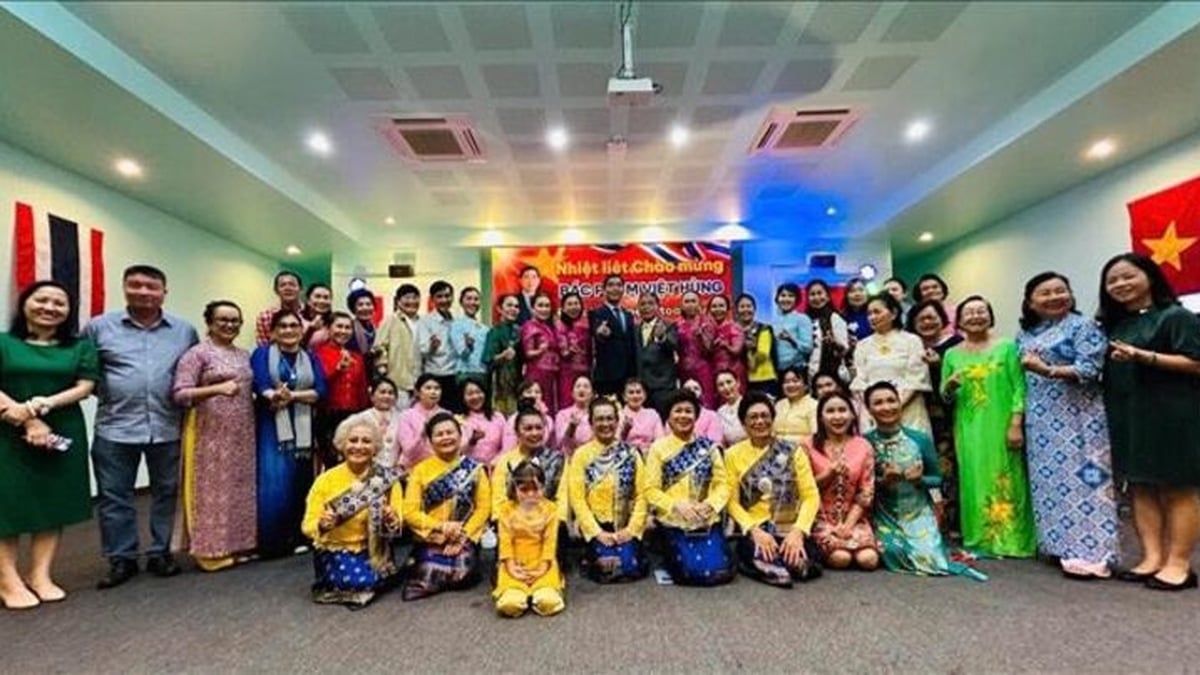
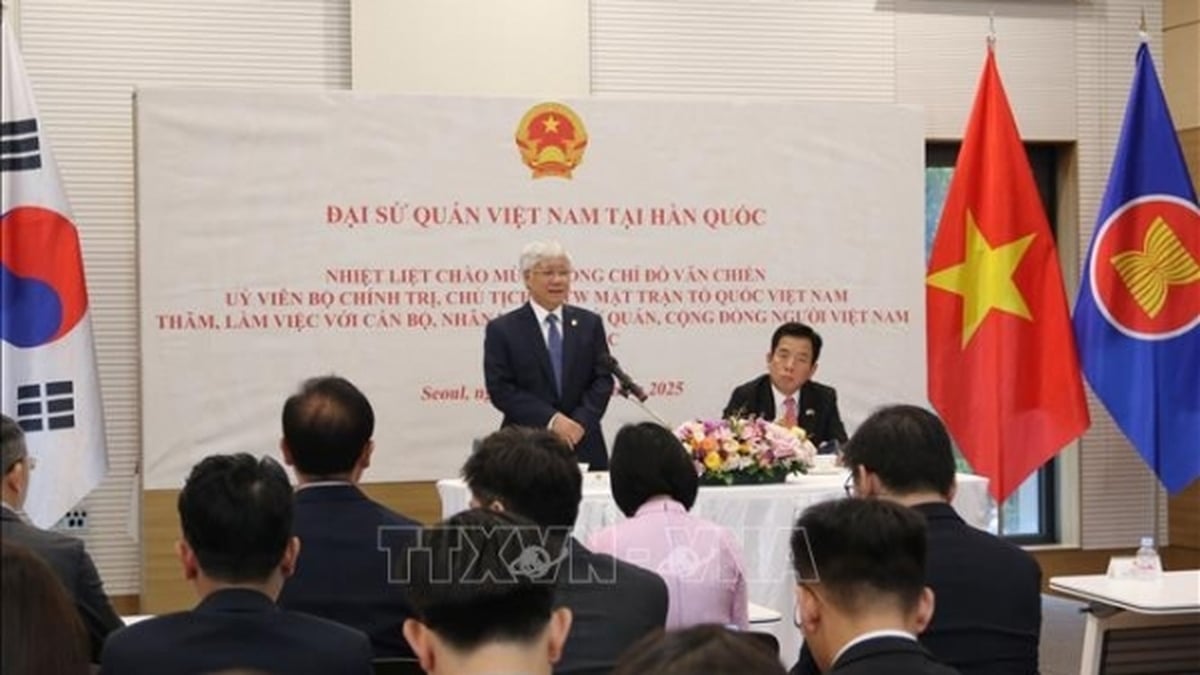























































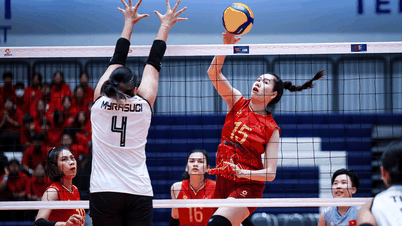



































Comment (0)